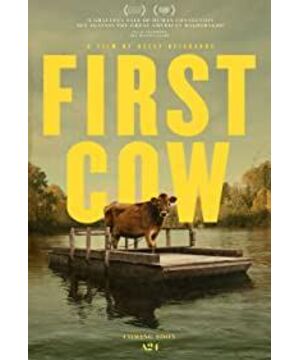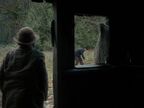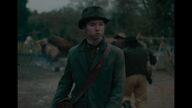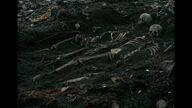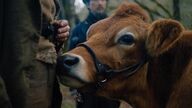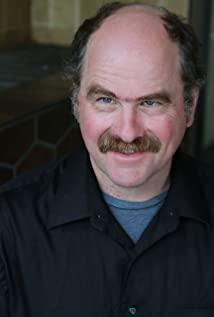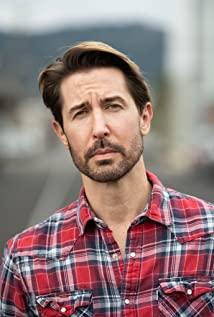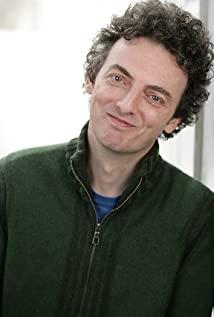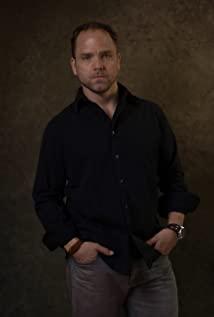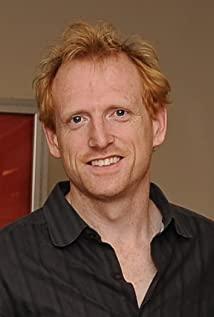For human ships, the endlessly complex ecosystem is nothing more than a commercial route. Like Kelly Reichardt's "The First Cow," humans are just somewhere between nature and society. She has been worrying about it since her 1994 debut, "The Weeds". And in The First Cow, Carrie Reichardt manages to weave together social, philosophical, economic, and cinematic issues to create a work of extraordinary yet staggering complexity.
The Story of "The First Cow"
The opening scene of "First Cow" is quite spectacular, with a barge loaded with consumer goods slowly sailing across the Columbia River. A huge net formed on the wide water. As the camera drifts through the dense jungle of the Pacific Ocean, a man in a tattered shirt gently pulls chanterelles from the bushes. The man, Cookie, is a chef, and he is very comfortable in this green world. Cookie is not only interested in natural food, but also in being a small part of an ecosystem. That night, he went out again in search of food and saw a naked man, shivering in a fern, and Cookie immediately provided the man with food and shelter. The man, a Chinese immigrant named Lu, has been on the run after a violent self-defense operation. He sleeps in Cookie's tent, hiding from his pursuers, and Cookie's act of kindness pays off later in the film. Then every day they darned socks, fished, hunted squirrels, and talked about their future plans. At this point, the owner of a local trading company acquires the region's first cow, and the entrepreneurial-minded Lu forces Cookie into a dangerous scheme: bake cakes with stolen milk and sell them.
Halfway through the film, Lu says, "We are finally ahead of history, and maybe this time we can be ready." Of course, as we know, history is written by the victors, and this film tells the story of The collision between that history and the personal and collective experiences that have been excluded from official records, as does the film's nuanced portrayal of indigenous peoples. At the chief's house, a local chief explained in detail how surprised he was that white people didn't eat beaver tails (the most delicious part of a beaver's body), giving him a chance to criticize the colony's predators for vandalism . Contrary to the expected righteous indignation, the chief was actually an Epicurean, bemoaning the lack of good taste in whites. Like Cookie and Lu, the natives are struggling to survive, and their leaders are equally vulnerable to human weaknesses. "Money is a kind of poetry" "The point is to start, it is impossible for a poor person to start from scratch. You need funds, and if you don't have it, you can only commit crimes." Kim is not only a conspirator, but also an orator. Words seal the deal. By contrast, John Magaro's Cookie, who starts out as a naive, easily manipulated person, slowly reveals a deep awareness and emotion. Cookie's art is based on flour, sugar, and milk, and Lu is a dealmaker, fluent in translating language into cash and services. As Wallace Stevens wrote, "Money is a kind of poetry." The First Cow opens with a quote from 19th-century egalitarian William Blake and the adage from Hell's Proverbs, "A bird's nest, a spider's web. , the friendship of mankind.” Less than 70 years later, another revolutionary writer, Karl Marx, expressed a related thought in the preface to the Critique of Political Economy: “The further we go back into history, the individual, it seems, The more dependent and belonging to a larger whole." It was not until the eighteenth century, in Civil Society, that various forms of social alliances confronted the individual as a means to his private ends, as an external need. This civil society, especially the brutal form of early capitalism, typified by the shells, buttons and company bills in the movies, colluded to domesticate and control production. Man and Society and Nature Marx said: "Man is an animal politic in the most literal sense, not only a social animal, but also an animal that can develop into an individual only in society." Cookie and Lu, their relationship Let them have a short-term development, and finally are forced by their incompetence, or unwillingness, to abide by this cruel rule. rule. A scene at the end of the film sums up their fate: the cow, which once roamed freely in the meadow, was tightly enclosed and protected after the theft was discovered. To Cookie, the cow is his friend and companion, a sympathetic presence. But because of capitalism, it can only be a property now, to be used and to protect itself from being used by others. On the one hand, success is collective, on the other, the world is a zero. With her understated elegance, Kelly Reichardt weaves together the disparate themes of her film career into a critique of the utter decay of unfettered capitalism. It delivers that critique in the form of a deep, humane, touching story of friendship.
View more about First Cow reviews


